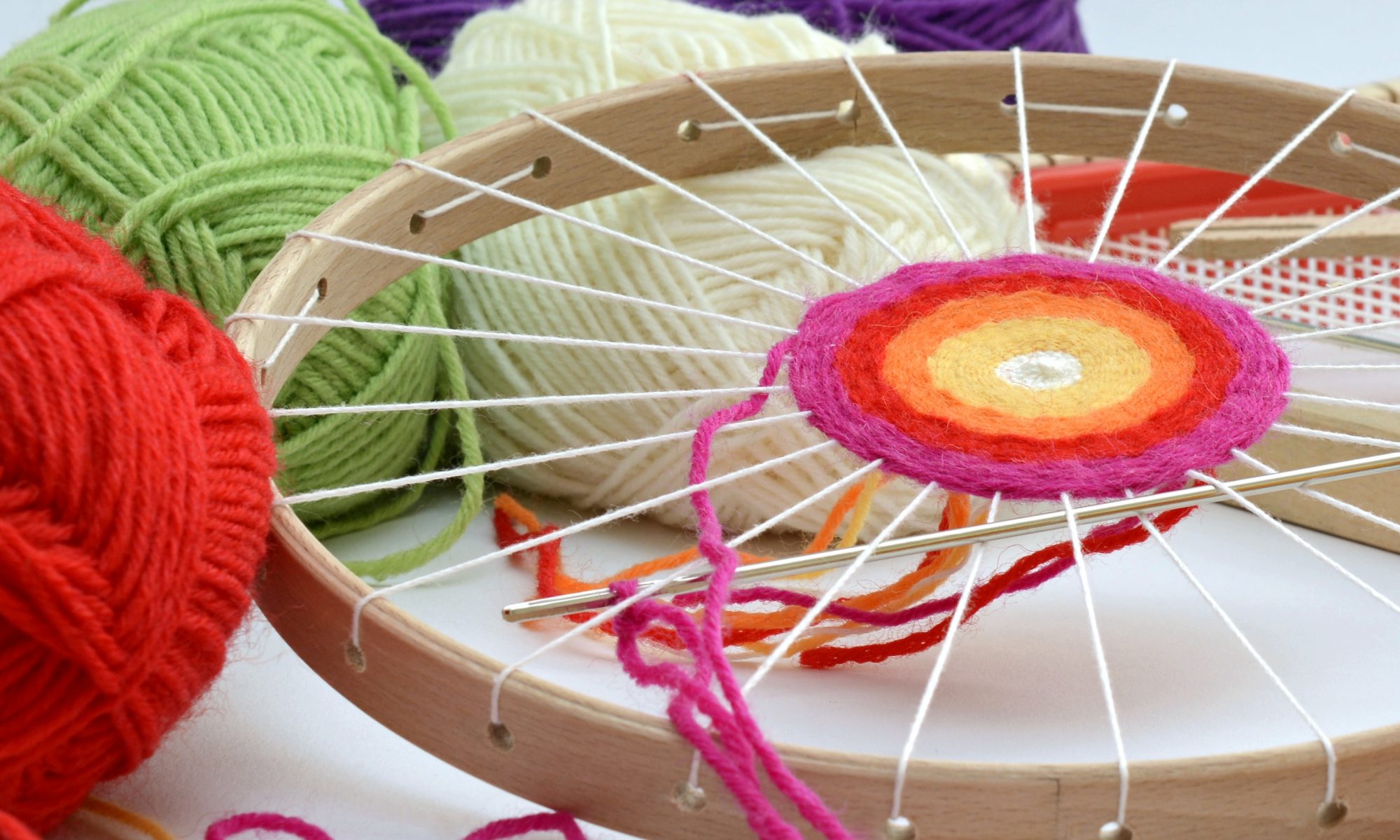In this module you will be encouraged not just to observe and analyse other people engaging in occupations, but to select an occupation of your own to engage in, analyse and reflect on through the first semester of the module (or afterwards too if you want). Observation skills are one of the cornerstones of occupational therapy practice, and indeed are integral to person centred practise. Mason (2002) notes:
Every practitioner, in whatever domain they work, wants to be awake to possibilities, to be sensitive to the situation and to respond appropriately. What is considered appropriate depends on what is valued, which in turn affects what is noticed. Thus every act of caring and supporting depends on noticing.
Effective observation is about noticing and making sense of what we notice, often as the first step towards then analysing this. This is an active process; it requires effort, energy, work and practice. I tend to think of it as analogous to, and complimentary to, active or mindful listening. As with active listening we are giving someone or something our full, undivided, attention, to listen, observe and engage appreciatively and mindfully and not allow our focus to drift off in other directions or become distracted by our own needs or what we are planning for lunch later. So we could characterise this as active observation. Of course it’s also important to recognise that the term ‘observation’ should not be taken to privilege one sense (vision) alone, but should involve all the senses available to us, coupled with our minds and bodies which help us contextualise and make sense of our experience and form the means through which we engage in the world. So for occupational therapists ‘observation’ should be seen as something involving the whole person; body, mind, heart and spirit. This is really about engagement – engaged sensing, experiencing and doing. Engagement is at the heart of what makes occupation occupation. The Latin root of ‘Occupation’ is the word ‘occupare’ (you will see it in the url for this blog) which means ‘to seize’ or ‘take hold’ of something (whether in a military or political sense or something like ‘seize the day’). But we should see this as a 2 way process, our occupations also ‘take hold’ of us, and to fully engage in them we should allow them to do so.
The challenge is, as the phenomenologist Ernest Keen (1975) noted many years ago:
We have learned, over years of training, to ignore so much of our experience
That’s not necessarily a bad thing, if we spent our whole lives noticing every single thing we would be overwhelmed by our senses, so we learn to filter and prioritise our attention. This means many aspects of what we observe become background, we filter it out to focus on what is essential at the time. Or things become relegated to ‘just this’ or ‘just that’ – just another tree, just another cup of tea, ‘just’ something we take for granted, mundane and ordinary. But occupational therapy requires embracing and indeed, celebrating, the ordinary, the everyday world people live in; it forms the fabric of their everyday lives, and as such we need to be able to observe everyday life and how people live it. So developing observation skills is about learning certain skills, but in a real sense it’s also about unlearning. In the next post I will discuss some strategies for experiencing the world more mindfully and appreciatively.
